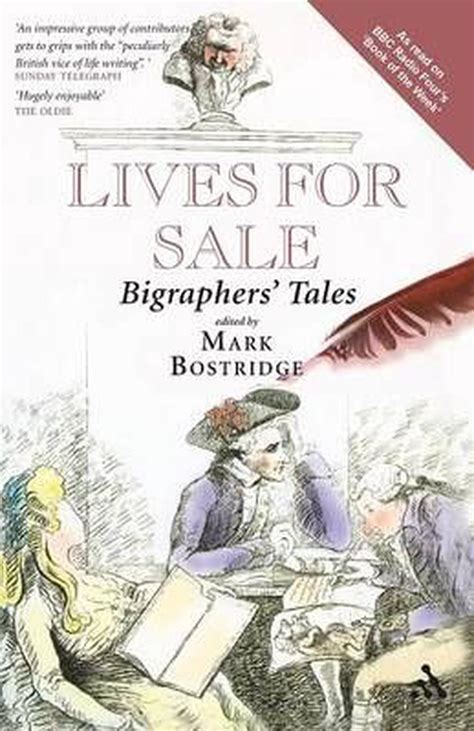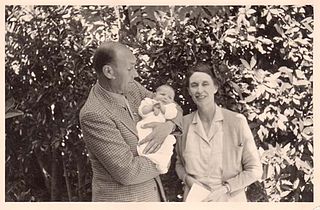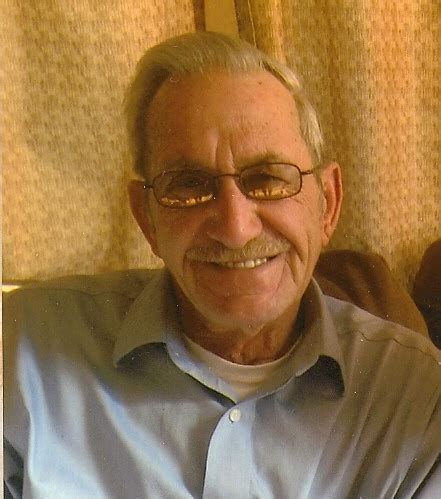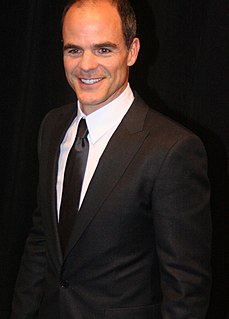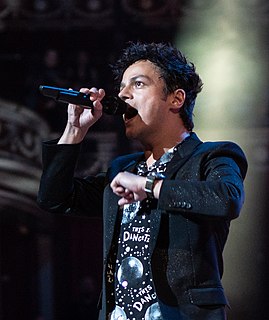A Quote by Thomas Mallon
The late Tom Wicker's biography of Nixon, called 'One of Us,' is really quite good: you see the biographer discovering dimensions of sympathy for his subject that he hadn't expected to feel.
Related Quotes
This is a glorious biography ... The time is ripe for a new biography of Edith Wharton of this intimacy and on this scale ... Lee the biographer pursues her subject down every winding corridor, into every hidden passage and dark corner ... Her critical exploration of Edith Whartons work is dazzlingly assured ... A feat of exhaustive research, and finely tuned to Whartons creative achievement at the same time ... [Wharton] could scarcely have failed to be impressed by ... its artistic sympathy, its sonorous depths, and its soaring conception.
Biography always has fulfiled this role. Robinson Crusoe is a biography, as is Tom Jones. You can go through the whole range of the novel, and you will find it is biography. The only difference between one example and the other is that sometimes it's a partial biography and sometimes it's a total biography. Clarissa, for example, is a partial biography of Clarissa and a partial biography of Lovelace. In other words, it doesn't follow Lovelace from when he is in the cradle, though it takes him to the grave.
It's not that people like sad movies that make us feel like, "Oh, my god, what a bummer." We like emotionally moving experiences, where you feel like a slightly different person and you see the world a little different, after you finish. It lets you see your own life, in a different way, and it actually makes you feel really good. And even though there might be sad content making this happen, the feeling that you're left with is one that is quite good, quite hopeful, clarifying and uplifting.
I had a checklist in my mind of the things that make a biography practical. Is the source material centralized? Is it easy to find? Are there new primary sources that no one has ever had access to? Are all the sources in English? If they're not, are they in a language that you speak? And I realized that not only is Armstrong the most important figure of Jazz in the 20th Century, but he's a perfect subject for a biography for all of these reasons. I had always loved his music and I had been fascinated in him as a personality. And that's really the key to writing a biography.
I am obliged to interpolate some remarks on a very difficult subject: proof and its importance in mathematics. All physicists, and a good many quite respectable mathematicians, are contemptuous about proof. I have heard Professor Eddington, for example, maintain that proof, as pure mathematicians understand it, is really quite uninteresting and unimportant, and that no one who is really certain that he has found something good should waste his time looking for proof.
Biography is the medium through which the remaining secrets of the famous dead are taken from them and dumped out in full view of the world. The biographer at work, indeed, is like the professional burglar, breaking into a house, rifling through certain drawers that he has good reason to think contain the jewelry and money, and triumphantly bearing his loot away.
I've been doing Nixon pretty much my whole professional life. I was in this comedy group called the Credibility Gap in Los Angeles when he was president. I was doing Nixon on the radio, and when we did live shows I physicalized him - if that's a word - for the first time. And then I did a Nixon sketch on a very short-lived NBC show called Sunday Best.

